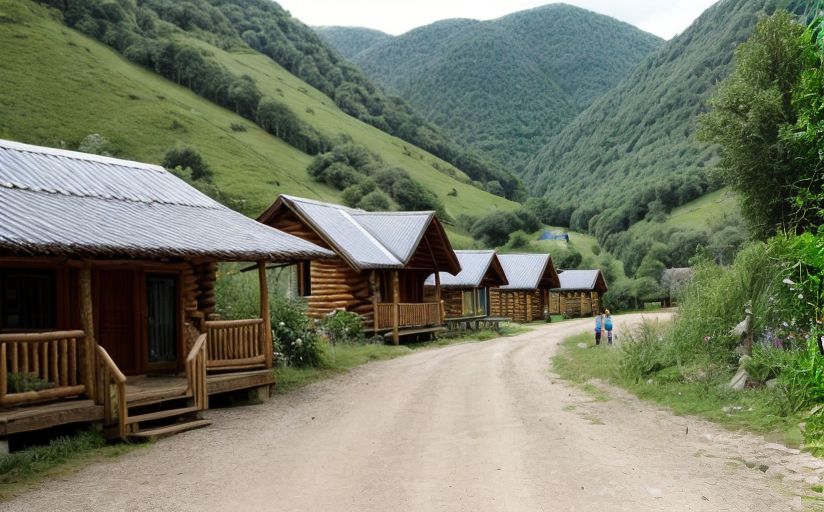The Impact of Sustainable Travel and Ecotourism on Small Communities Globally
Sustainable travel and ecotourism have emerged as significant trends in global tourism. But beyond being mere trends, both have substantially influenced small communities, their economies, and their cultural preservation. In this article, we will delve deeper into their concepts, benefits, challenges, and impacts, weaving real-life case studies, expert opinions, and relevant statistics into our discussion.
The Concepts of Sustainable Travel and Ecotourism
Both sustainable travel and ecotourism are anchored on the principle of minimizing negative impact on the environment and local communities while maximizing opportunities for positive change. Sustainable travel is about making choices that lessen our carbon footprint and contribute positively to the places we visit, while ecotourism focuses on responsible travel to natural areas which conserves the environment and sustains the wellbeing of the local people.
Benefits and Challenges
Sustainable travel and ecotourism often bring multiple benefits to small communities, such as job creation, income generation, and claim preservation. However, they also present challenges, including the risk of over-tourism, cultural dilution, and strains on natural resources.
Impact on Small Communities
Sustainable travel and ecotourism significantly shape the socio-economic dynamics of small communities. They provide locals with new skills and revenue sources, can deter migration to cities, and allow communities to showcase and preserve their own unique cultures and traditions.
Case Study: Costa Rica
With more than 25% of its land dedicated to national parks, reserves, and wildlife refuges, Costa Rica is a global leader in ecotourism. Its efforts offer jobs for locals and generate funds for conservation. According to the World Travel and Tourism Council, travel and tourism accounted for about 8.2% of the country's GDP and provided almost 219,000 jobs in 2018.
Capitalizing on the Trend
For communities to further benefit from sustainable travel and ecotourism, they should strive for continuous development and adaptation. This involves creating well-defined tourism plans and implementing guidelines to protect their natural and cultural heritage, improving their locals' skills and capacities, and fostering partnerships with sustainable travel organizations.
Expert Opinion
As we move forward, small communities need to take hold of their tourism narratives. They should utilize sustainable travel and ecotourism as tools to promote their unique cultures and enhance their economies, while preserving their environment, says Jane Goodall, renowned primatologist and UN Messenger of Peace.
Conclusion
While challenges exist, sustainable travel and ecotourism have left indelible marks on small communities across the globe. With careful planning and execution, these communities can further tap into this trend, striking the balance between development and preservation, towards a sustainable future.


















Comments
Leave a Comment